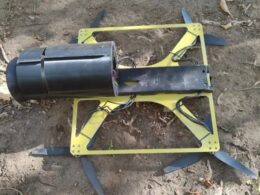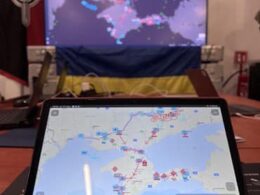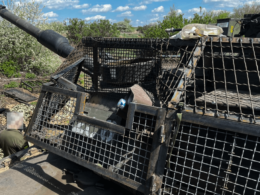Mounting constraints on key sectors fueled by the Kremlin’s war in Ukraine may cool the Russian economy, according to Bloomberg.
Labor resources are nearly exhausted, and fierce competition for recruits between the military and businesses is expected to limit the growth of defense-related industries. The construction and banking sectors, once protected, are now facing the pressure of soaring interest rates after most state-subsidized mortgage programs ended last month.
Economists told Bloomberg they anticipate gross domestic product soaring by more than 4% annually in the second quarter, but growth is expected to slow to about half that level for the rest of the year.
Alex Isakov, an economy expert, said the estimate likely reflects the last burst of growth before Russia’s economy begins to significantly cool. He predicts Russia’s growth will decelerate to around 2% in the second half of the year, eventually slowing to between 0.5% and 1.5% next year.
Following the beginning of the all-out war in February 2022, the government significantly ramped up spending, funneling funds into the military and defense sectors while also shielding domestic businesses from the impact of sanctions imposed by the US and the European Union.
According to Bank of Russia Governor Elvira Nabiullina, a surge in spending led to an economic overheating not seen since the 2008 global financial crisis, driven by a dramatic increase in domestic demand.
Unemployment, a key indicator of economic overheating, has dropped to a historic low of 2.4% in Russia—lower than in any country of the Group of Seven. The Russian Statistics Service reports that businesses are now facing a shortage of over 2 million workers.
Read also:
-
- Does Russia’s Bashkir problem escape Putin sight?
- Inside Ukraine’s covert program preparing Russia’s minorities for independence
- Support Ukraine now or pay more later, Dutch think tanks tell West
- “We’re fighting now so our children won’t have to”: How Ukrainians defy Russian control on occupied lands
- Georgians at the crossroads: protests against authoritarianism and Russian influence








